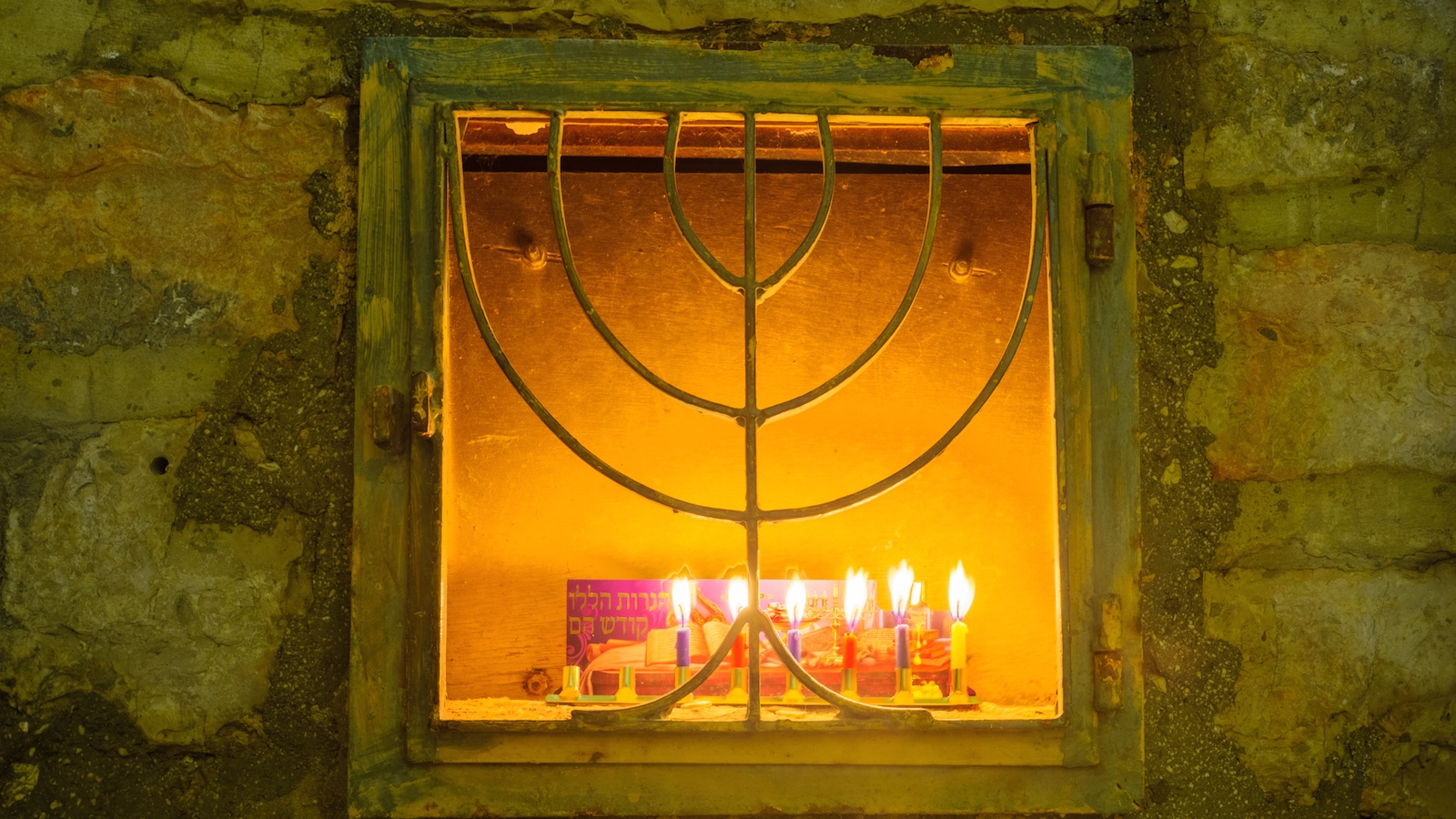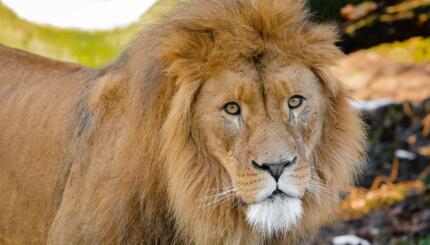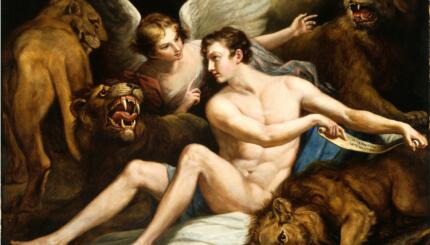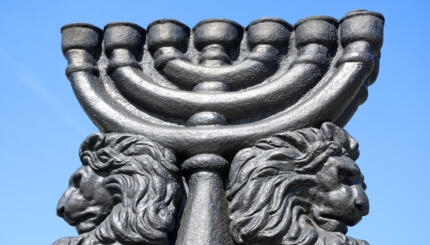Commentary on Parashat Beha'alotcha, Numbers 8:1-12:16
The haftarah for Parashat Beha’alotcha and Shabbat Hanukkah begins with Zekhariah encouraging the people of Judah to rebuild the Temple that had been destroyed in 586 BCE. Zekhariah prophesied towards the end of the 70 years that separated the destruction of the First Temple from the dedication of the Second Temple.
Many of the nations that surrounded Judah were opposed to the reconstruction of the Temple because they did not want to see Judah rise to power once again. Also, after decades of exile, many Judeans were less than enthusiastic about building another Temple. The haftarah addresses the people of Judah, and more directly Joshua ben Jehozadak, the High Priest, and Zerubbabel, the Judean Governor, appointed by the Persians.
In God’s Courtroom
The bulk of the haftarah is focused on a vision that Zekhariah has in which Joshua ben Jehozadak is in God’s courtroom, defended by an angel of God, and up against an accusing angel, known as Satan.
Joshua is dressed in filthy rags, and the angel of God gives him new, clean clothes and says, “See, I have removed your guilt from you and you shall be clothed in priestly robes” (3:4). The angel tells Joshua that as long as he follows in the ways of God and faithfully conducts God’s work in the Temple, then God will allow him access to angels.
With your help, My Jewish Learning can provide endless opportunities for learning, connection and discovery.
God puts a stone with seven sides before Joshua and explains that it will be engraved, and when it is engraved the guilt of Judah will be removed. On the day that it is engraved God explicates that “you will invite each other to the shade of vines and fig trees” (3:10). This refers to a vision of the prophet Micah (Micah 4:4) of a world without war.
The Hanukkah Connection
In the final section of the haftarah Zekhariah receives a vision of “a lampstand all of gold, with a bowl above it. The lamps on it are seven in number and the lamps above it have seven pipes and by it are two olive trees, one on the right of the one, and one on its left” (4:2). This vision of a menorah, and the thematic rededication of the Temple link Hanukkah to Zekhariah. Parashat Bha’alotkha also contains discussion of a menorah, when God gives instructions for Aaron to light the menorah inside the tabernacle.
Zekhariah does not understand what the menorah represents, and asks for an explanation. God provides an answer, but it is directed at Zerubbabel: “Not by might, nor by power, but by My spirit, says the God of heaven’s hosts” (4:6).
Though this, too, is cryptic, commentators have interpreted this as God telling Zerubbabel not to squash his opponents through political counteraction, even though they oppose the rebuilding of the Temple. Rather, the second Temple would be built and rededicated on a foundation of holiness and spirituality.
Hanukkah
Pronounced: KHAH-nuh-kah, also ha-new-KAH, an eight-day festival commemorating the Maccabees' victory over the Greeks and subsequent rededication of the temple. Falls in the Hebrew month of Kislev, which usually corresponds with December.
menorah
Pronounced: muh-NOHR-uh, Origin: Hebrew, a lamp or candelabra, often used to refer to the Hanukkah menorah, or Hanukkiah.
Shabbat
Pronounced: shuh-BAHT or shah-BAHT, Origin: Hebrew, the Sabbath, from sundown Friday to sundown Saturday.



